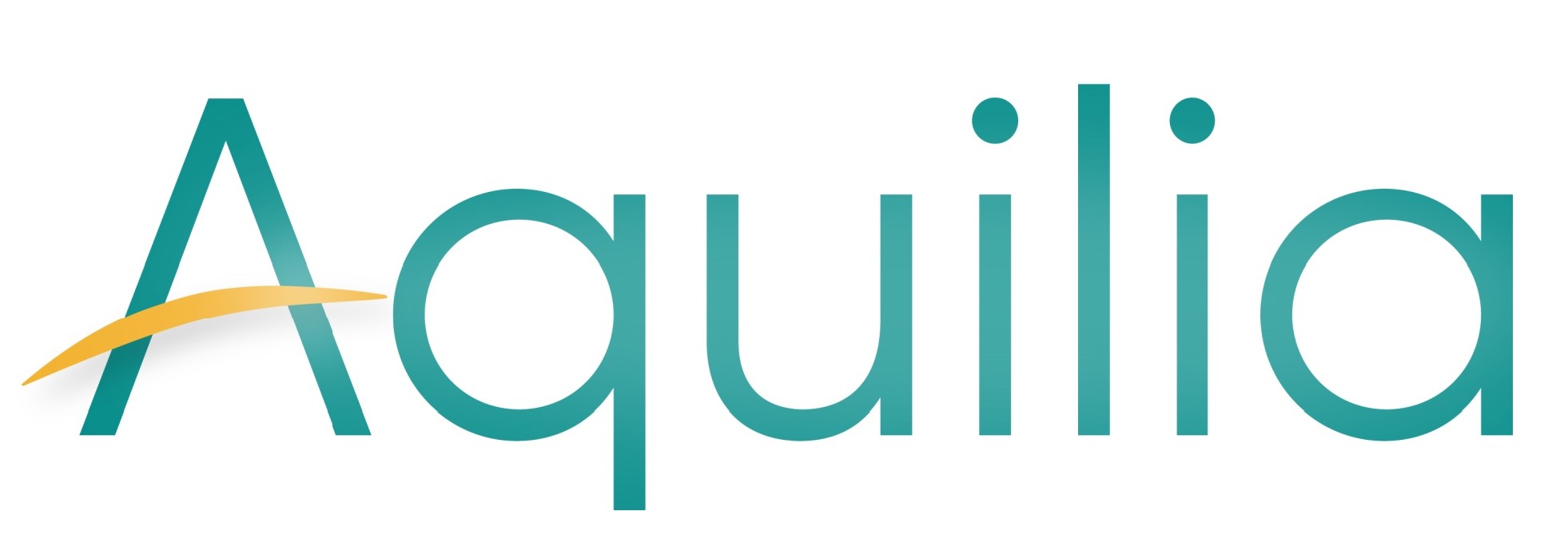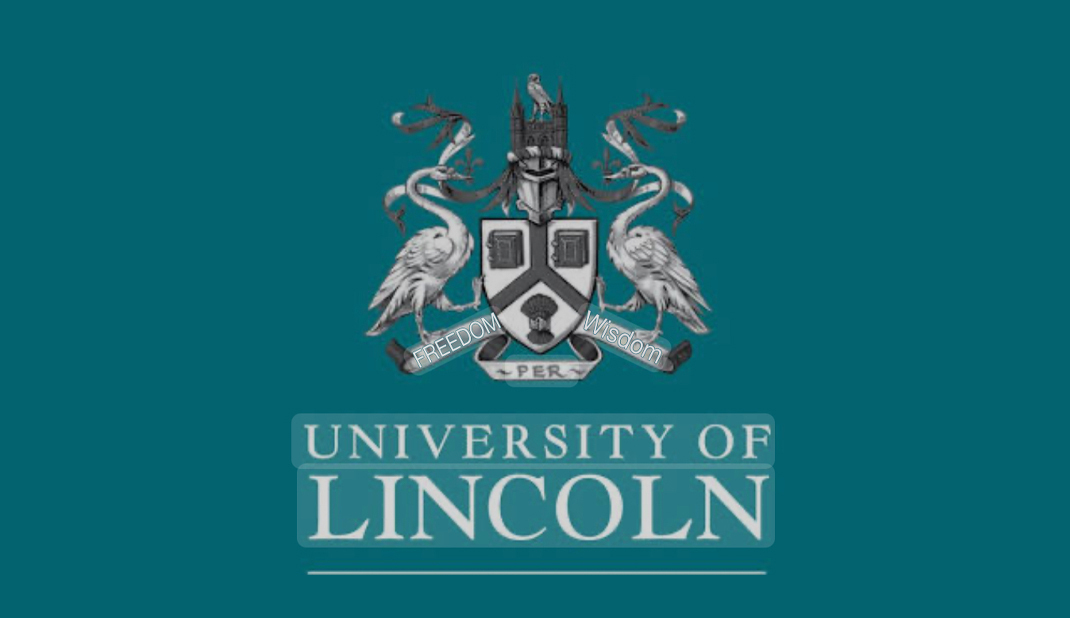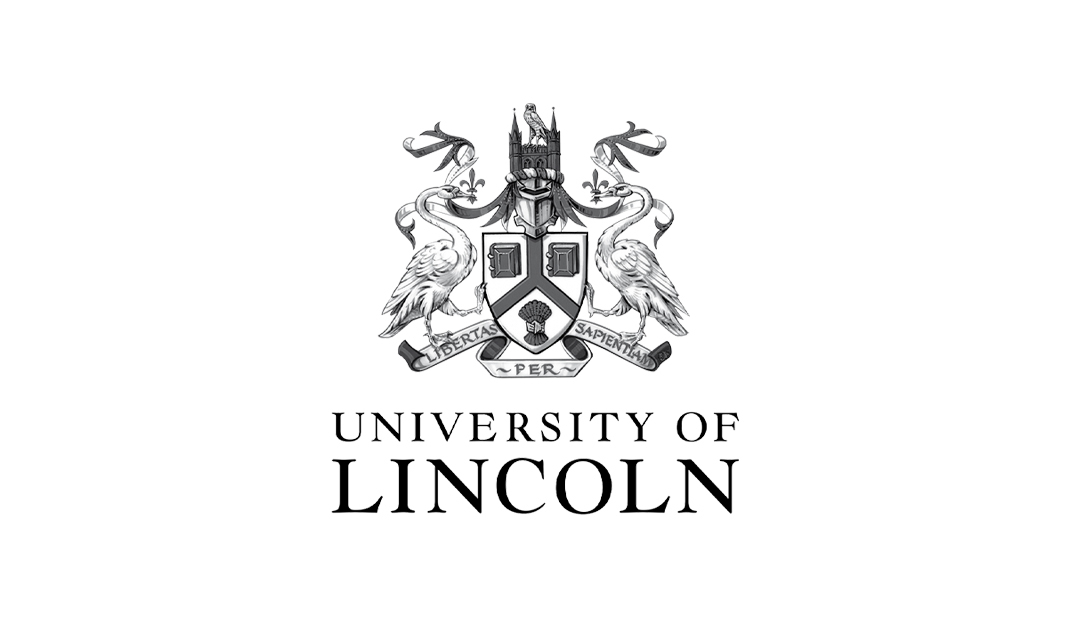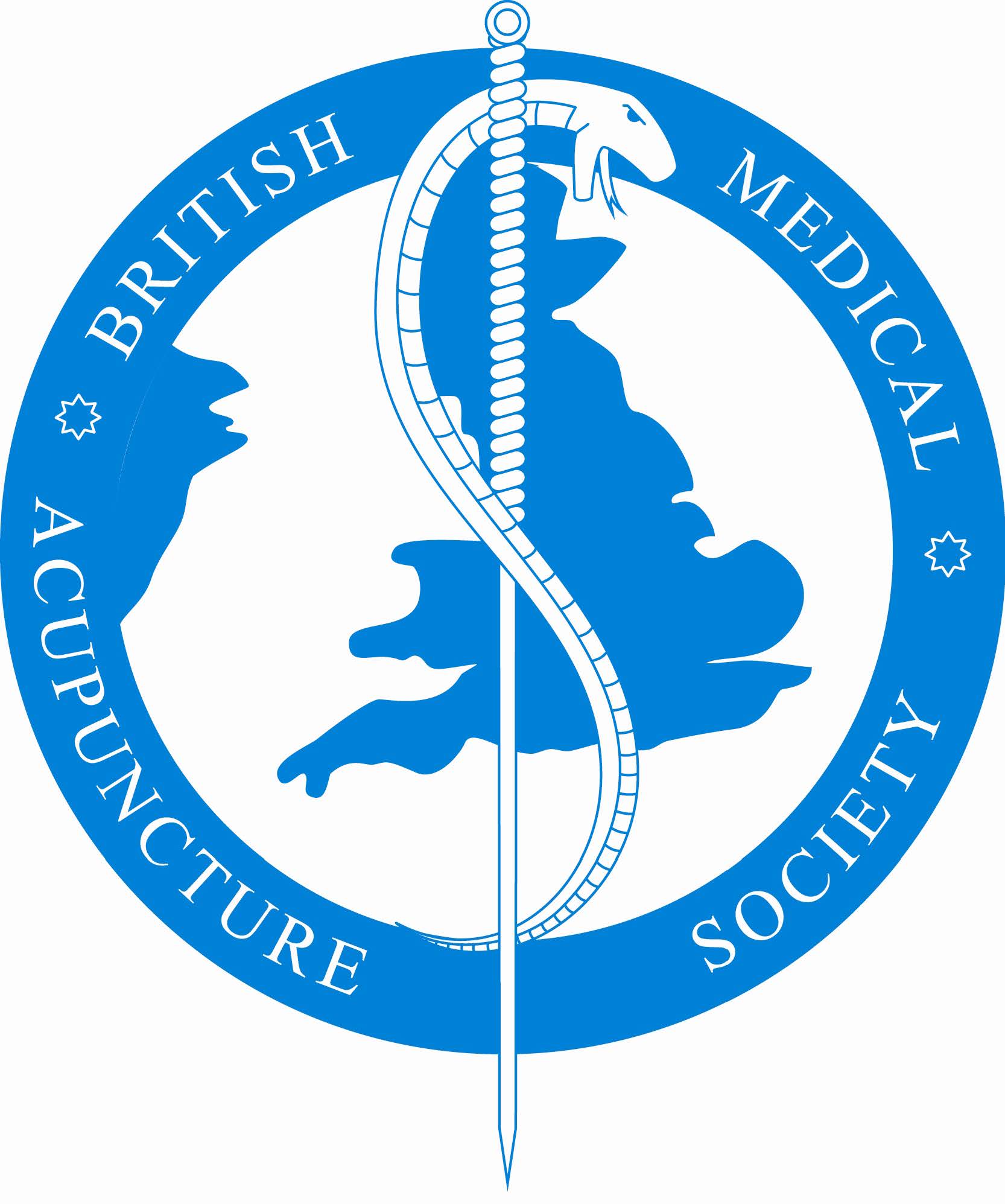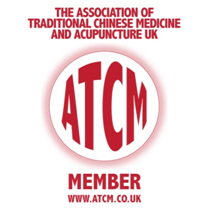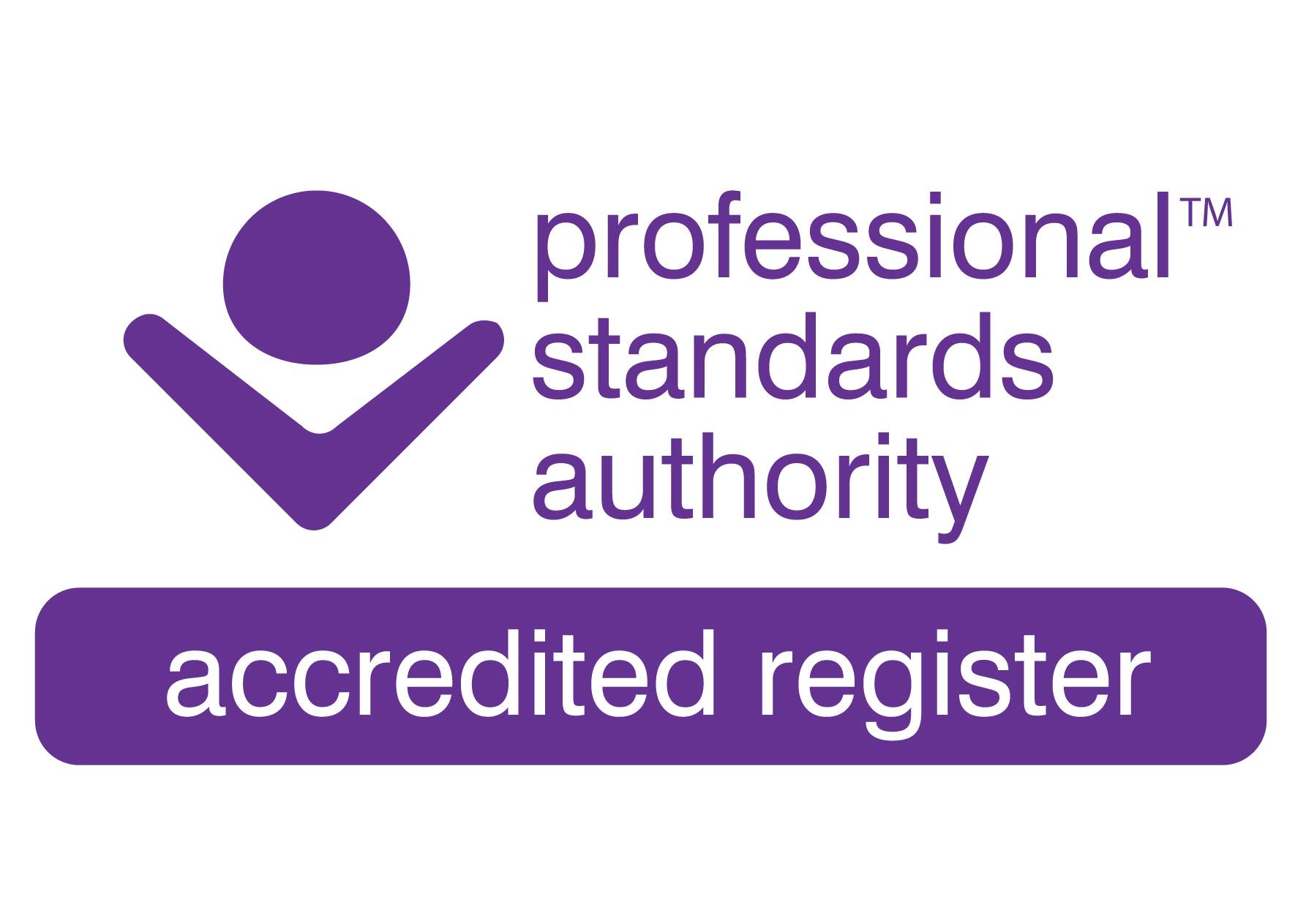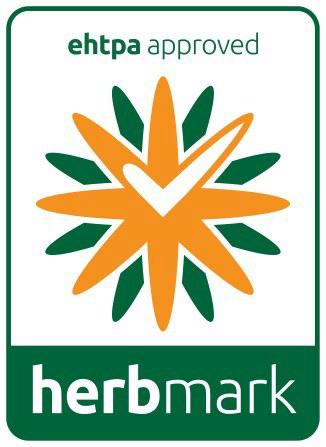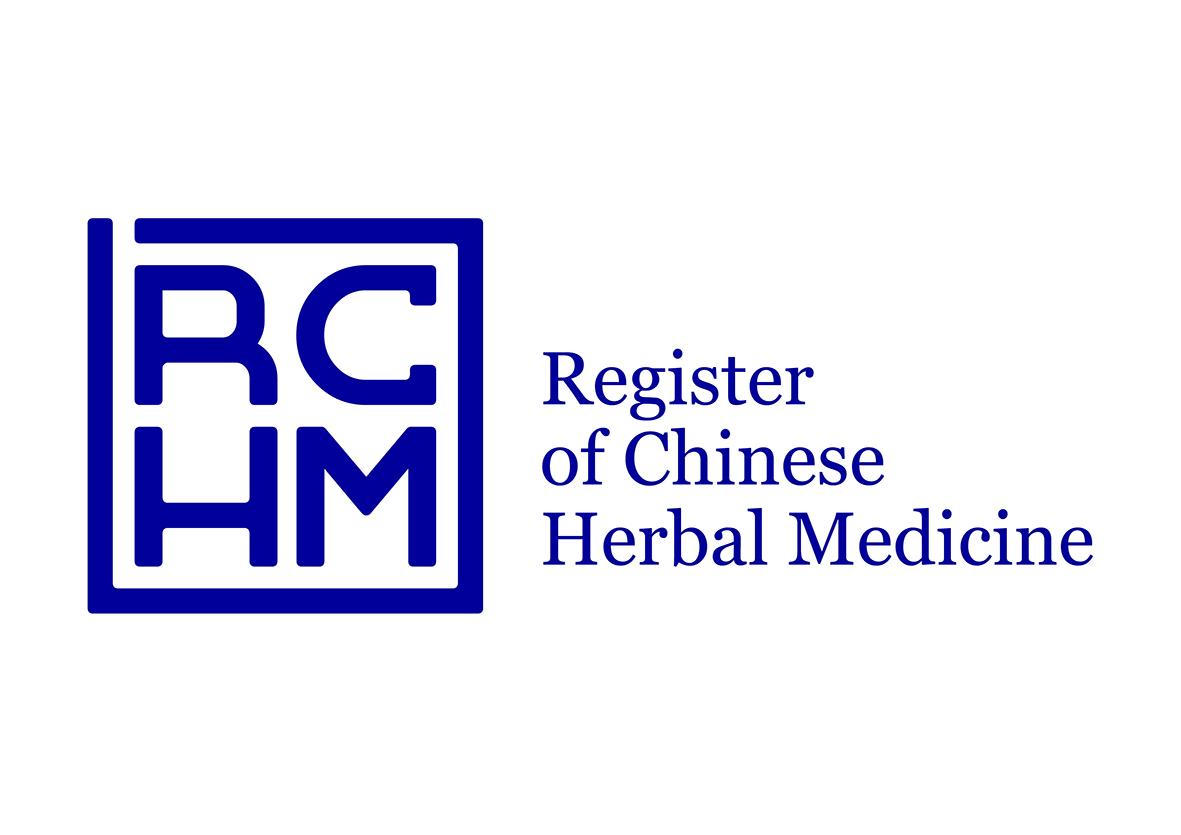Acupuncture is a therapeutic practice rooted in traditional Chinese medicine. It has gained significant attention in recent years for its potential health benefits. Whether you are considering acupuncture in Stamford, Lincolnshire, or exploring options in Letchworth, Baldock and Hitchin, this guide outlines everything you need to know, from how acupuncture works to post-treatment care.

What Does Acupuncture Actually Do?
Acupuncture is a technique that involves the insertion of sterile needles into specific points on the body called acupoints. The aim is to activate these points to rebalance the body and improve health. In beliefs, this method is understood to harmonise the flow of energy, known as “Qi,” along the body meridians. From a medical acupuncture perspective, acupuncture stimulates nerves, muscles and connective tissues, increasing blood circulation and triggering the body’s natural pain-relieving substances such as endorphins. Research indicates that acupuncture has proven to be beneficial in treating ailments like persistent pain, migraines and stress-related issues. Individuals frequently turn to acupuncture as an approach to conventional medical therapies, especially for alleviating pain and reducing stress.How Quickly Does Acupuncture Work?
The timeline for results can vary depending on the individual and the condition being treated. Some patients report feeling benefits after just one session, especially for issues like acute pain. However, a series of sessions might be necessary for more chronic conditions before noticeable improvements occur. Typically, practitioners suggest committing to 4-6 sessions to evaluate whether acupuncture is fully effective for you. Results can be cumulative, with improvements gradually building over time as the body adjusts.What is the Success Rate of Acupuncture?
The effectiveness of acupuncture is widely debated, largely because its success can be subjective and varies depending on the condition treated. Studies have suggested that acupuncture has a high success rate for certain conditions, particularly chronic pain, headaches, and musculoskeletal issues. For example, research published by the National Institute for Health and Care Excellence (NICE) in the UK supports acupuncture for chronic tension-type headaches and migraines. Overall, clinical evidence supports its use for pain management, though individual outcomes may differ.How Often Should I Get Acupuncture?
The frequency of sessions largely depends on the condition being addressed and your body’s response to treatment. For acute conditions, you might need 1-2 sessions a week initially, tapering off as your symptoms improve. For chronic issues, weekly sessions for a set period may be recommended, followed by maintenance sessions every month or two. Your practitioner will typically assess your progress and adjust the frequency accordingly.How Long Do Acupuncture Needles Stay In?
The duration that acupuncture needles remain in the body typically varies depending on the specific treatment goals and the condition being addressed. On average, the needles are left in place for 20 minutes during each session. However, the duration might extend slightly longer for specific conditions or a more intensive treatment. The needles are usually very fine and cause minimal discomfort, with many patients feeling relaxed or even sleepy during this time. Lianne Aquilina is an experienced practitioner with over twenty years expertise with clinics in Baldock, Letchworth and Stamford, Lincolnshire. Lianne will carefully devise a high quality bespoke acupuncture treatment plan, monitor your response and adjust the treatment plans and time accordingly.How Long Do the Benefits of Acupuncture Last?
The longevity of acupuncture’s benefits depends on several factors, including the condition treated, the frequency of sessions, and individual body responses. For acute issues, the relief may last several days to a week or more after just one session. Chronic conditions often require consistent treatments to achieve sustained benefits. For many patients, the effects are cumulative, meaning the more sessions you undergo, the longer the benefits can last. In cases where maintenance treatments are required, a session every few months can help extend these benefits when required. Your acupuncture practitioner in Stamford, Hitchin, or other nearby areas will tailor a plan suited to your needs.Can I Use Acupuncture for Fertility?
Yes, acupuncture is increasingly sought after as atreatment for fertility issues. It is often used alongside conventional fertility treatments, such as IVF to improve outcomes. Research suggests that acupuncture may help regulate hormones, enhance blood flow to the reproductive organs, and reduce stress—factors that can positively impact fertility. In addition, acupuncture is believed to help with conditions like polycystic ovary syndrome (PCOS) and irregular menstrual cycles, both of which can affect fertility. If you are considering acupuncture for fertility, when you begin to search for “fertility acupuncture near me” it’s crucial to consult a qualified acupuncturist who has experience in this area. LianneAquilina is a fertility expert, co-authoring the international best-selling textbook Acupuncture for IVF: An integrated approach to treatment management, andis a guest lecturer on fertility acupuncture.Preparing for an Acupuncture Session
To get the most out of your acupuncture treatment, consider the following preparation tips:-
Arrive 5 mins Early:
Give yourself time to relax before the session begins,as stress can impact the effectiveness of the treatment. -
Eat:
Ensure you’ve eaten a light meal beforehand, as treatment on an empty stomach may lead to dizziness. -
Avoid Caffeine and Alcohol:
These substances can interfere with the body’s natural response to acupuncture. -
Wear Comfortable Clothing:
Loose clothing allows easy access to acupuncture points, especially around your knees, elbows, and back.
Post-Acupuncture Care
After your session, it’s essential to support your body as it adjusts:-
Stay Hydrated:
Drinking water helps flush out any toxins released during treatment. -
Rest:
Allow time for your body to recover, avoiding strenuous activities for at least 24 hours. -
Monitor Your Body’s Response:
Many patients may feel more relaxed, while others might experience temporary fatigue. These are typical responses as the body rebalances itself.
Conclusion
Acupuncture, whether sought in Stamford, Lincolnshire, Baldock, Hertfordshire and nearby locations like Letchworth and Hitchin, offers promising results for various conditions, particularly when integrated into a comprehensive health plan with a fully qualified and experienced acupuncturist.Further Reading and References
For more in-depth information on acupuncture and its benefits, you can explore the following sources:- British Acupuncture Council: What Can Acupuncture Treat?
- NHS UK: Acupuncture Overview
- St Georges Hospital Trust: Guidance on Acupuncture for Headaches
- Mayo Clinic: Acupuncture Evidence and Benefits
- MedicalNewsToday: How Acupuncture Works
- Cochrane Library: Acupuncture for Pain Management

This blog was created by BeMunchie’s in-house writing team – specialists in producing SEO-friendly, engaging content tailored to your brand.


